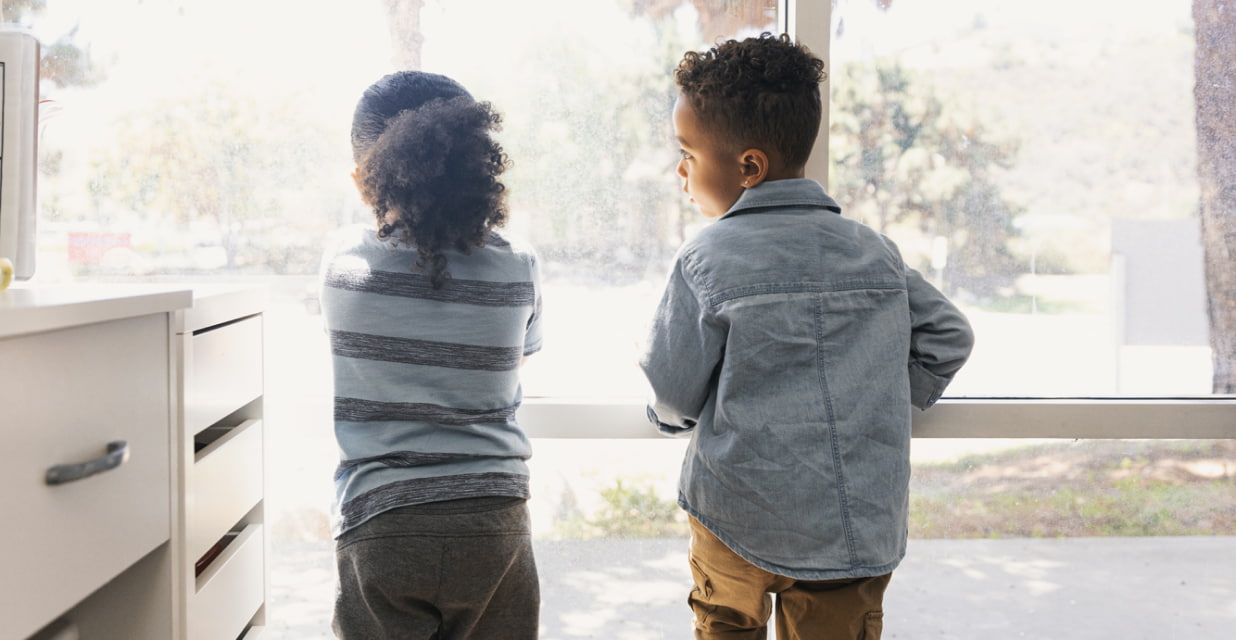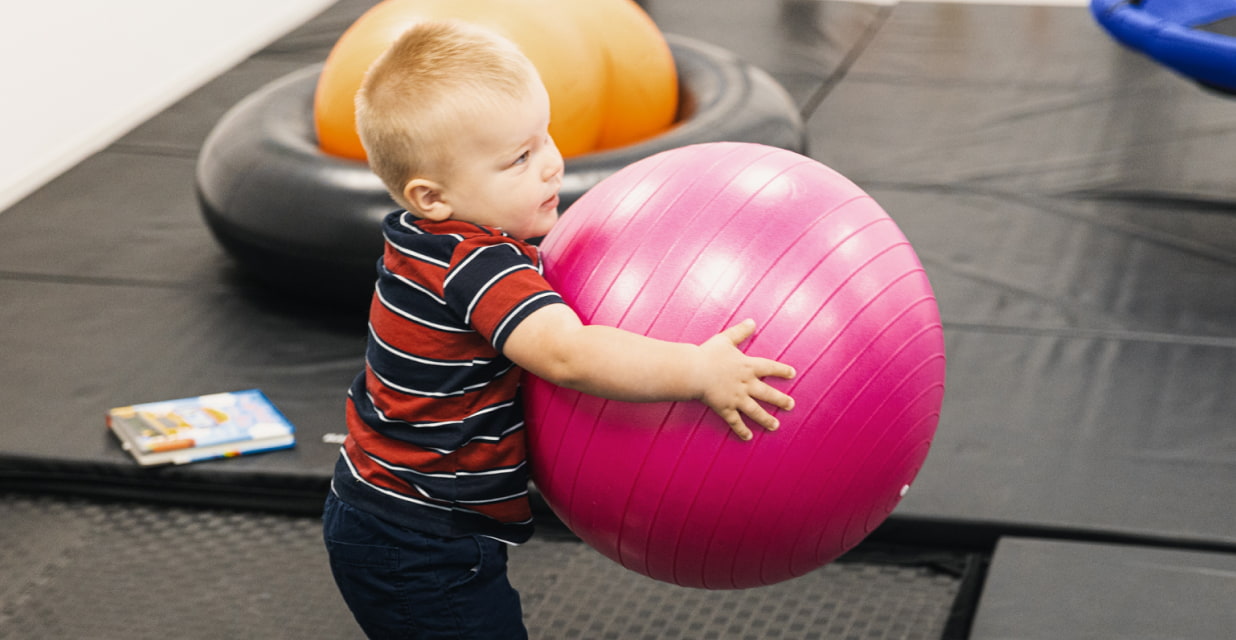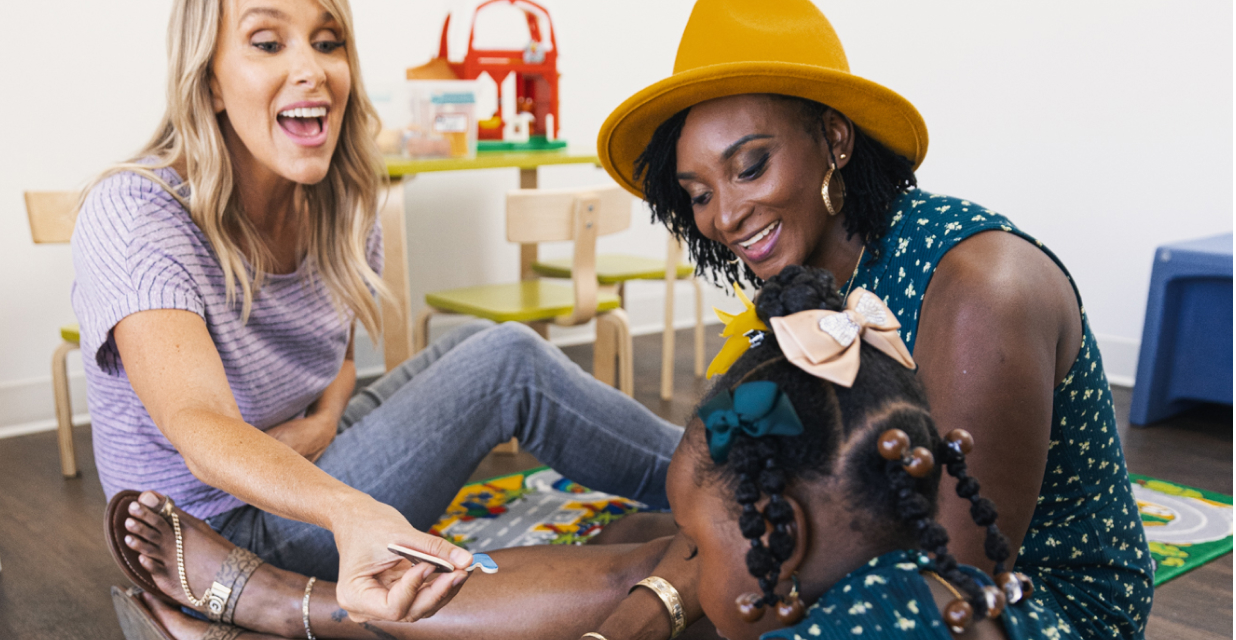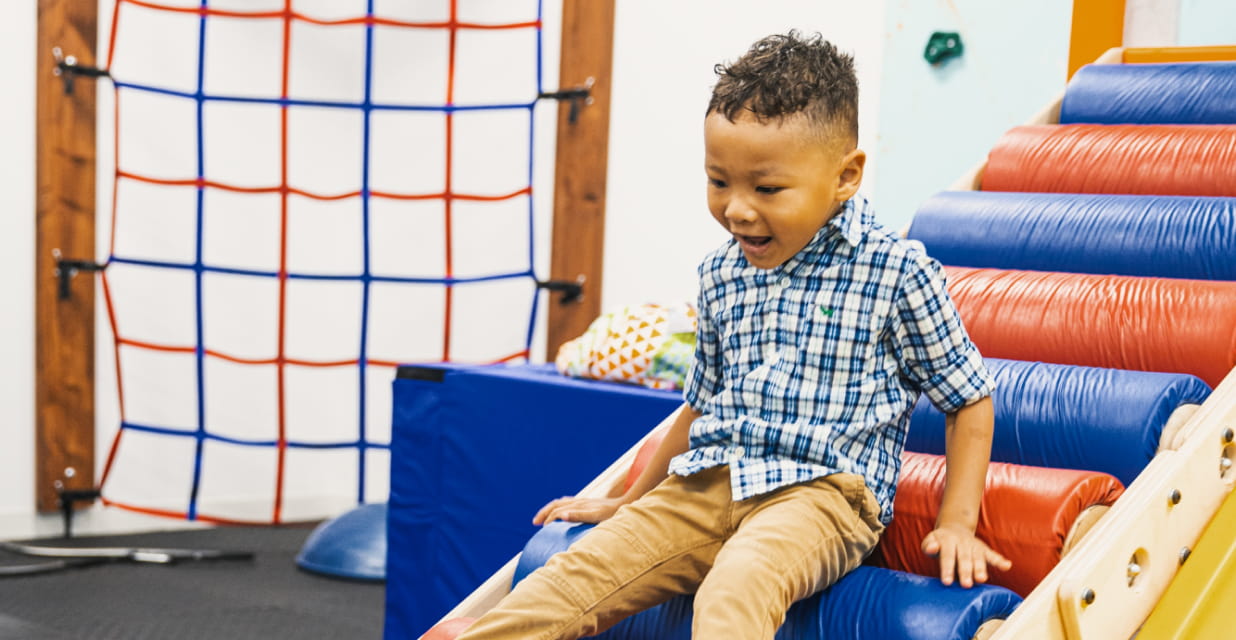In my high school, a peer known for his social awkwardness greeted me in a monotone voice, “Pratt, do you have anything to say to me?” I replied, “Yes, good morning. How are you doing today?” Satisfied with the exchange, he nodded and walked to class. He did not return the greeting, nor did I expect him to. He also never asked me how I was doing.
There is an expression that “the only way to have a friend is to be one.” But what if you struggle to read facial expressions, body language, and tone of voice? For children on the autism spectrum, making friends can be challenging. From the young child who sits alone on the playground to the high schooler who chooses to stay in the computer lab rather than interacting with their classmates at lunch, it may appear that these children have no interest in pursuing friendships. Unfortunately, this is a common misconception held by neurotypical people (not on the autism spectrum).
The child on the playground and the teenager in the computer lab may be overwhelmed by the noise and chaos of the children around them or the location where social interaction occurs. Other behaviors of children on the spectrum include lack of eye contact, fidgeting, and repetitive movements (arms flapping, rocking, etc.). Many of these actions help limit overstimulation, manage anxiety or help with focus, but they can be perceived as a lack of interest by their neurotypical peers. Neurotypical children may conclude that their counterparts with autism are disinterested. But appearances can be misleading.
Children on the spectrum often long for friendships but do not know how to develop them. The importance of peer relationships is well understood. Friendships can provide opportunities to learn important social and emotional skills, including empathy, cooperation, problem-solving, and similar prosocial skills. Unfortunately, the opposite is also true; negative peer relationships involving bullying, rejection, and manipulation result in feelings of isolation, anxiety, depression, and confusion about relating to others.
Luckily, there are many ways to support children on the spectrum. Here are some steps you can take to support your child in making a new friend:
1. Explain what a friend is:
For young children, keep things simple. For example, explain to them that “a friend is someone who is nice to you and likes to spend time with you.” Understanding abstract concepts can be difficult for young kids on the spectrum. It helps to discuss characters in a movie or tv show that the child enjoys. Ask questions such as, “Is Character X being nice to Character Y? Do they like playing together?”
2. Social Stories
Children with autism often learn better when they are provided with visual support. Social stories lead a child through specific situations using pictures and words. Each story can be tailored to the child. For example, writing a script or drawing out the course of a conversation can help children understand the basics of how to talk to a friend. ***Carol Gray is a good resource.
3. Practice is Key
The best way to try something new is to explore it first in a safe and familiar environment. Have your child practice social skills (greeting others, asking and answering questions, self-advocating, suggesting ideas for play) among people the child already knows and is comfortable with (siblings, cousins, neighbors, and other adults). Through practice and repetition, you and your child can problem solve challenges he might have before encountering them at school or on the playground.
4. Finding Your Tribe
To build friendships, children must first share common interests. Find what your child is good at or enjoys, and then find a community based on that interest. For example, if your child loves board games, find a gaming group. If your child plays an instrument, get them into the band at school. Finding a shared activity is key, and it provides the groundwork for children to further grow friendships by sharing their feelings or by sharing a positive emotional experience.
Sometimes, however, it’s not about what groups children with autism join; it’s about getting other children to join them. Some schools implement a playground ambassadorship program, where neurotypical students are tasked with engaging students who tend to remain on the periphery of the playground. These children look for peers who are not engaged and reach out to them/ask them to play. Parents may want to ask their schools if this program is already in place or can be implemented. You are your child’s best advocate.
SmallTalk wants your children to “find their tribe” and make long-lasting connections with peers. Therefore, SmallTalk offers small social skills group sessions at each clinic location to help teach your children the foundations of social skills and offer guided practice of engaging in different social scenarios with peers. If you are interested, please call us at (619) 647-6157 to schedule an appointment.





